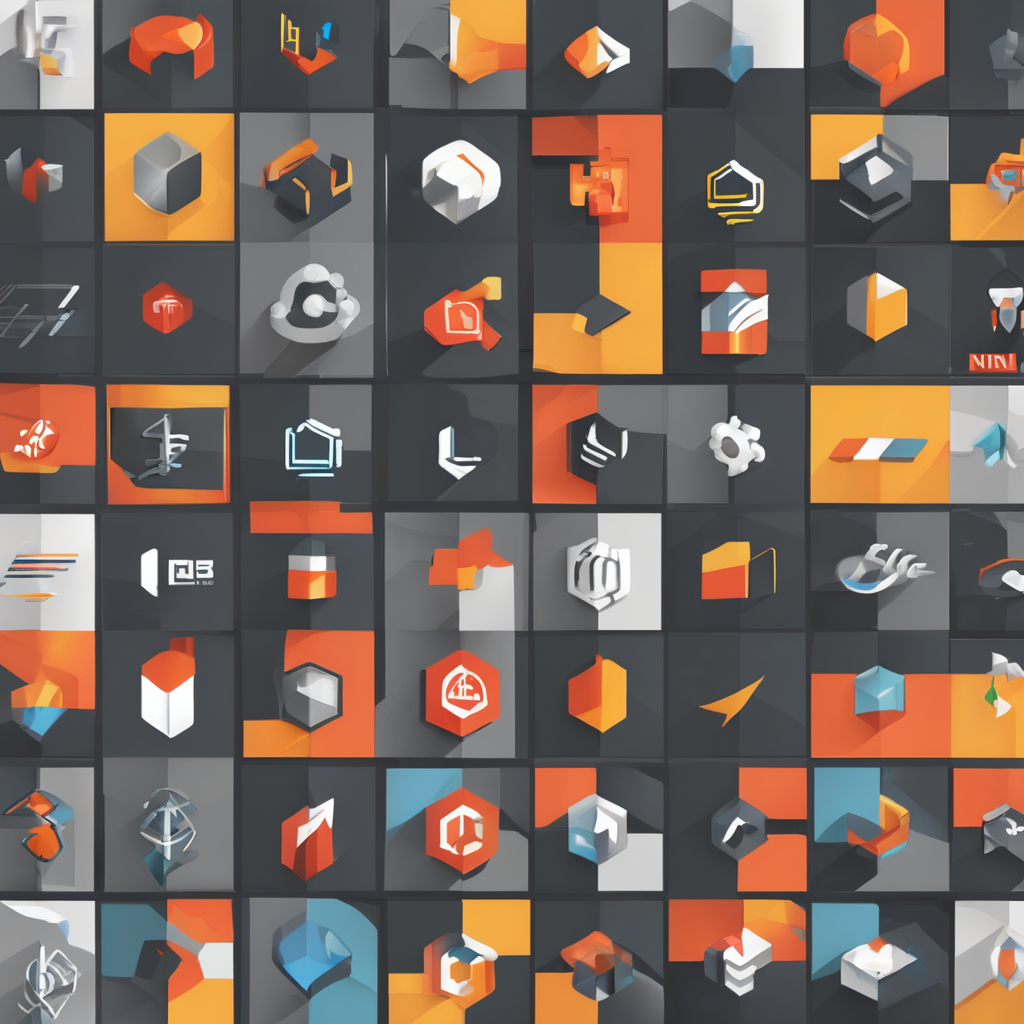Horizon Europe represents a transformative step for research and innovation in the EU, boasting a budget of €95.5 billion to stimulate scientific advancement from 2021 to 2027. This initiative not only enhances funding but also prioritizes crucial social missions such as climate adaptation and healthcare improvement. By expanding partnerships beyond its borders, Horizon Europe fosters global collaboration, making it a pivotal player in addressing the challenges of our time.
Overview of Horizon Europe
Horizon Europe stands as the European Union’s flagship funding program for research and innovation from 2021 to 2027, representing a significant financial commitment of €95.5 billion. Its objectives are firmly rooted in bolstering the EU’s scientific and technological base, while addressing global challenges including climate change and the pursuit of the UN’s Sustainable Development Goals. Within this initiative, funding opportunities in Horizon Europe are numerous, providing grants specifically for collaborative research projects. For detailed information on application procedures and calls for projects, the European Commission’s tender portal serves as a comprehensive resource. To further explore these elements, you can refer to https://www.welcomeurope.com/en/programs/horizon-europe/.
This might interest you : Essential list of leading freight forwarding firms to consider
The program is organized into three pillar structures: Excellence Science, Global Challenges and European Industrial Competitiveness, and Innovative Europe. Each pillar targets different aspects of research and development, thereby diversifying investment across various sectors. Key focus areas include health, digital transformation, and environmental sustainability. Horizon Europe’s specific sector allocations highlight its dedication to comprehensive societal development, addressing key missions such as climate adaptation and cancer treatment advancements. Recognizing the desire for transparency and collaboration, the program has integrated an open science policy, ensuring unrestricted access to research outcomes.
Funding Opportunities and Application Process
Navigating the Funding and Tenders Portal
The Funding and Tenders Portal is the central platform for exploring funding opportunities in Horizon Europe. This comprehensive tool enables users to discover project calls, prepare submissions, and track the progress of their applications. It simplifies the process of identifying relevant funding streams through its search functionality, which filters opportunities by sector, type, and location. Understanding this portal is crucial for navigating Horizon Europe’s vast offerings effectively.
Also read : Comprehensive guide to top freight forwarding companies
Upcoming Calls and Deadlines
Horizon Europe regularly publishes upcoming calls for proposals. These calls outline specific research areas and goals the EU aims to address within the programme’s strategic timeline, including key initiatives scheduled for 2025 that focus on green and digital transitions. By monitoring these calls, researchers and institutions can align their projects with EU priorities, increasing the chances of successful funding acquisition.
Eligibility Criteria for Applicants
Eligibility for Horizon Europe funding is broad but specific. Primarily, legal entities from EU member states and associated countries can participate, although exceptions allow for global collaboration. Applicants must submit proposals that demonstrate the potential for advances in technology, societal benefit, or scientific research. Adherence to the rules, including financial and ethical considerations, is necessary to qualify for support, making it vital to comprehend these requirements thoroughly.
Participation and Collaboration in Horizon Europe
Overview of Participant Types and Rights
Horizon Europe welcomes a diverse range of participants, including universities, research institutions, and industry partners. Recognizing the significant role of legal entities, this program enables these bodies from both EU and associated countries to partake in funding opportunities. Each entity can engage in various project formats, from individual research grants to extensive collaborative ventures. Participation rights are largely equitable, with non-EU contributors receiving similar rights as EU partners, thus fostering a broad environment for innovation and research development.
Role of Non-EU Countries in Horizon Europe
Horizon Europe’s structure integrates non-EU countries, allowing them to involve in funding programs if they contribute financially. This inclusion policy not only promotes global collaboration but also enhances research diversity and innovation scope. Significant participants include countries like Norway and the UK, among others, each bringing unique perspectives and expertise. This approach very much aligns with the EU’s vision to tackle international challenges, such as climate change, using a multinational framework.
UK’s Reintegration and Collaboration Framework
The announcement of the UK’s reintegration into Horizon Europe from January 2024 marks a pivotal development. While Brexit posed earlier challenges, the new arrangement ensures that the UK reclaims its status as a valuable partner. It allows UK institutions to engage fully with EU entities on innovative projects, share insights, and access funding streams. This restoration not only affirms commitment to joint research excellence but also underscores the importance of collaborative frameworks between the UK and the Horizon Europe community. This cooperation enhances Europe’s collective capacity to address research and innovation challenges.
Management and Regulatory Framework of Horizon Europe
Structure and Pillars of Horizon Europe
Horizon Europe is designed around three main pillars:
Excellence Science focuses on enhancing the EU’s research capabilities. It includes support for the European Research Council and the Marie Skłodowska-Curie Actions.
Global Challenges and European Industrial Competitiveness aims to tackle climatic, cultural, and digital challenges through strategic clusters.
Innovative Europe offers support through the European Innovation Council and fosters innovative ecosystems.
These pillars work collaboratively to address key global issues while boosting the EU’s scientific standing.
Reporting and Oversight Improvements
Recent improvements in Horizon Europe’s management system simplify cost reporting and enhance grant management. This shift reflects the EU’s focus on clarity and effectiveness, reducing administrative burdens. Monitoring is enhanced, with rigorous evaluation processes to ensure objectives are met efficiently. Reporting is designed to be straightforward, allowing more focus on the actual research and innovation activities.
Regulatory Framework and Ethical Considerations in Research
The regulatory framework encompasses robust ethical considerations. This ensures research compliance with legal standards, addressing the ethical dimensions of technological advancement and ensuring that projects align with the EU’s values. Legal compliance and ethical standards are paramount, with specific guidelines to navigate complex research scenarios. These regulations solidify the program’s commitment to transparent and responsible innovation.











